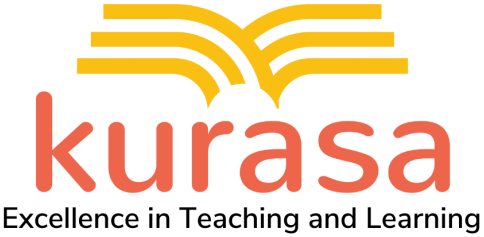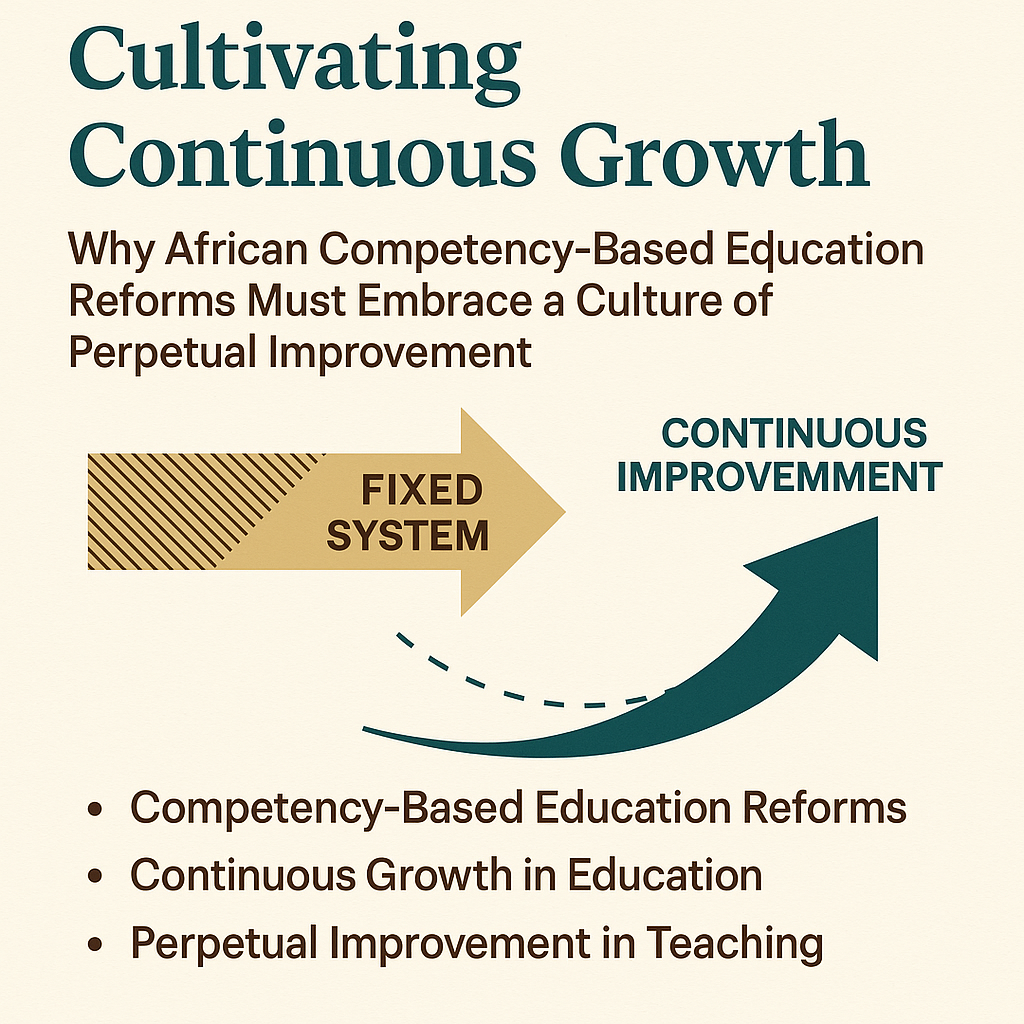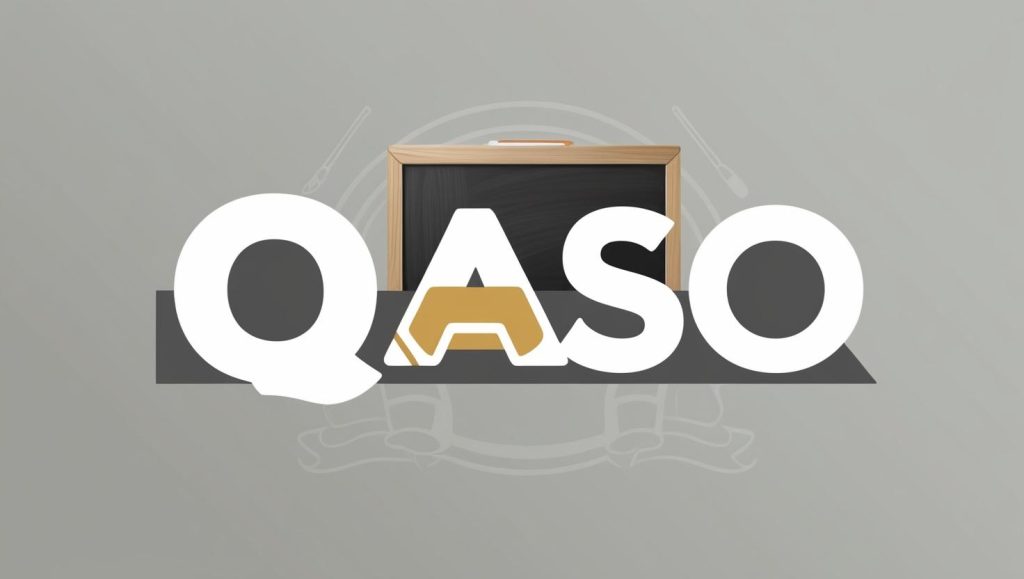
In the ever-evolving landscape of education, the Competency Based Curriculum (CBC) has emerged as a transformative approach, focusing on holistic student development. For teachers navigating this paradigm shift, this comprehensive guide aims to delve into the key principles, methodologies, and practical insights for effective CBC implementation, while also examining the profound impact it has on student learning outcomes.
Key Principles of CBC
Holistic Development: CBC emphasizes the development of competencies across cognitive, emotional, and social domains. It transcends traditional rote learning, fostering a more comprehensive educational experience.
Inclusivity: Tailoring education to accommodate diverse learning styles and abilities is central to CBC, ensuring that every student has the opportunity to succeed.
Learner-Centric Approach: CBC places the learner at the center of the educational process. It encourages students to actively participate in their learning journey, fostering a sense of ownership and engagement.
Methodologies in CBC
Project-Based Learning: Encourage teachers to incorporate project-based learning, allowing students to apply knowledge and skills to real-world scenarios, promoting critical thinking and problem-solving.
Continuous Assessment: Move away from the traditional exam-centric approach. Implement regular formative assessments, providing ongoing feedback to guide student progress and understanding.
Competency-Based Progression: CBC emphasizes students’ mastery of competencies rather than progression based on age or grade. Teachers should focus on ensuring each student achieves the required skills before moving to the next level.
Practical Tips for Effective CBC Implementation
- Align Lesson Plans with Competencies: Tailor lesson plans to align with specific competencies outlined in the CBC. Clearly define learning objectives, ensuring they correspond to the broader goals of the curriculum.
- Foster Collaborative Learning: Encourage collaborative learning environments where students can work together on projects. This enhances interpersonal skills and mirrors real-world scenarios.
- Embrace Technology: Leverage educational technology tools, such as Kurasa, to facilitate seamless lesson planning, assessments, and data analysis. Integrating technology aligns with the contemporary nature of CBC.
- Provide Timely and Constructive Feedback: Emphasize continuous assessment and provide prompt, constructive feedback to guide students in their learning journey. This iterative feedback loop is crucial for skill development.
- Personalize Learning: Recognize and accommodate diverse learning styles and paces. Implement differentiated instruction to address individual needs, ensuring that no student is left behind.
Impact of CBC on Student Learning Outcomes
- Holistic Development: CBC’s emphasis on holistic development positively impacts students, fostering a well-rounded skill set that goes beyond academic achievements.
- Real-World Application: Project-based learning and competency-based progression equip students with skills applicable to real-world scenarios, enhancing their problem-solving abilities.
- Increased Engagement: The learner-centric approach of CBC promotes active student engagement, resulting in a deeper understanding of subject matter and increased enthusiasm for learning.
- Readiness for the Future: CBC nurtures critical thinking, creativity, and adaptability, preparing students for the demands of the rapidly evolving 21st-century workforce.
As teachers navigate the Competency Based Curriculum, embracing its principles and methodologies, the impact on student learning outcomes becomes evident. The shift towards holistic development, real-world application of skills, increased engagement, and future readiness positions CBC as a catalyst for transformative education. With the practical tips provided, educators are empowered to navigate CBC successfully, fostering an environment where every student can thrive and reach their full potential. As we embark on this educational journey, CBC stands as a guide, shaping the future of learning.


